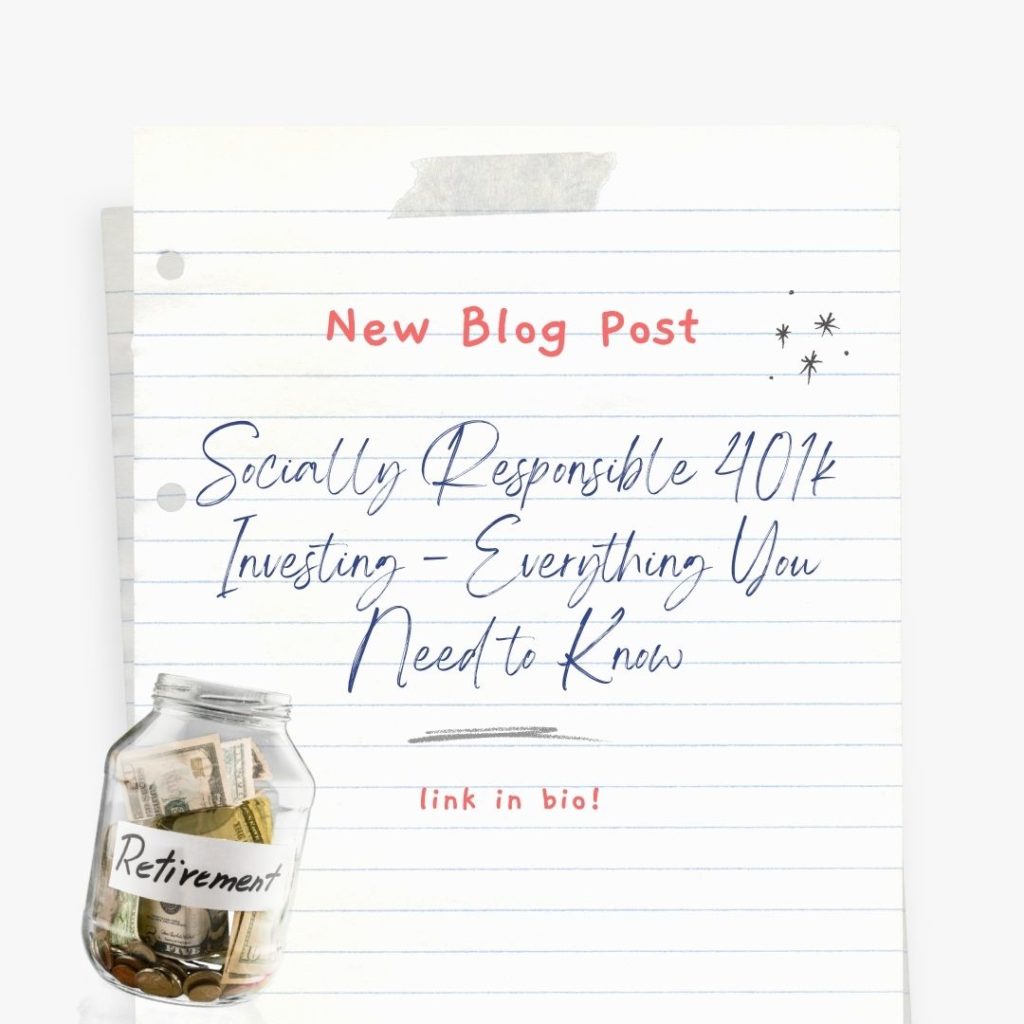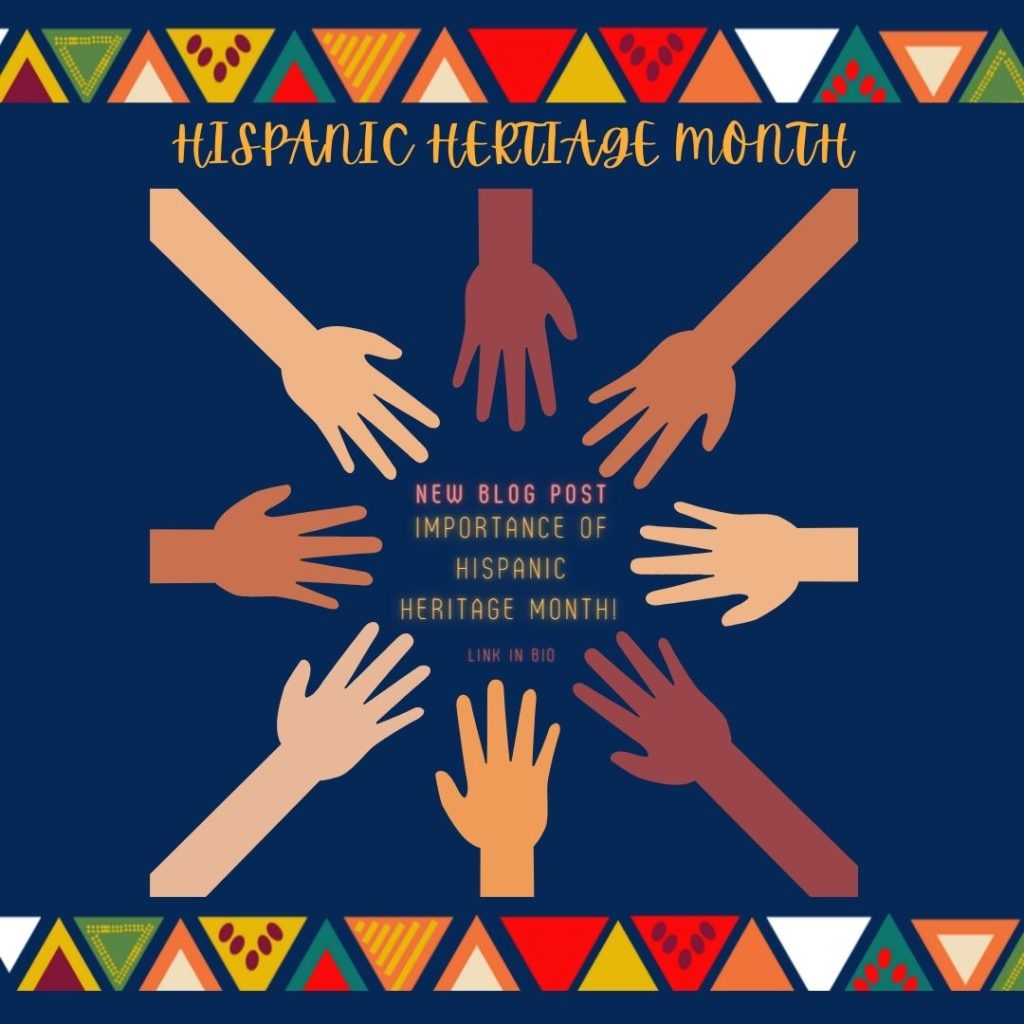11.3 million children in need of humanitarian assistance.
400,000 children under 5 suffering Severe Acute Malnutrition.
16.4 million people in need of basic health care.
In January 2019.
How does this happen in 2019, when human rights are one of the core principles of society? Ensuring that individuals, especially those in vulnerable situations, have basic essentials like food, water, clothing, shelter, and medical care is at the core of humanitarian programs across the world. And yet, the same country that is helping to organize much-needed humanitarian assistance in Yemen is also the same country that is profiting off of the war that put its citizens in this place, to begin with.
For the last three years, the United States has supported a coalition led by Saudi Arabia in Yemen to incite war in order to overthrow the rebel Houthi government. As part of the coalition, the United States is selling the U.S. made bombs and weapons to the Saudi-led effort, helping them choose Yemeni targets and even refueling planes.
However, without a Congressional act, there is (and was) technically no U.S.-led war efforts in Yemen. Just recently, on December 19, 2018, a bipartisan group of U.S. Senators did approve a resolution to the end of all military support. After an estimated 50,000 people have died and another 12 million reported to be on the verge of starvation.
This is not a political discussion, however. It’s a profit discussion.
Before the war, Yemen was the Middle East’s poorest state. Most of the country relied on imports and humanitarian efforts to feed the population. Now, after much of the population was blockaded by the coalition for years on end, it faces famine, disease, and unquantifiable hardships.
The United Nations describes the situation in Yemen as the world’s worst humanitarian crisis.
Meanwhile, U.S. weapons manufacturers have made billions. Yes, billions – by selling mainly bombs – and other weapons to forces in Saudi Arabia.
What makes this a further investment and profit discussion? Your 401(k) and investments could be funding, and likely are, the manufacturers of these weapons. Most 401(k) funds do not support ESG (economic, social, and governance) rated social investments rather than on social responsibility.
What can I do? Two things:
- Donate to humanitarian efforts to help the current, deteriorating crisis in Yemen. Charity Navigator provides an excellent guide to ensure your money is being spent directly.
- Review your investments. Help ensure profit doesn’t occur at the expense of human rights and join us in our efforts to #investinwhatmatters.
Want to learn more about impact investing and how you use your money for good? Reach out to us @ info@investedinterests.com
Sources:
https://qz.com/1514582/us-supports-saudi-war-in-yemen-even-after-senate-votes-no/
https://www.cnn.com/2018/12/06/opinions/us-involvement-yemen-war-murphy-opinion/index.html
https://www.newyorker.com/magazine/2018/01/22/how-the-us-is-making-the-war-in-yemen-worse




